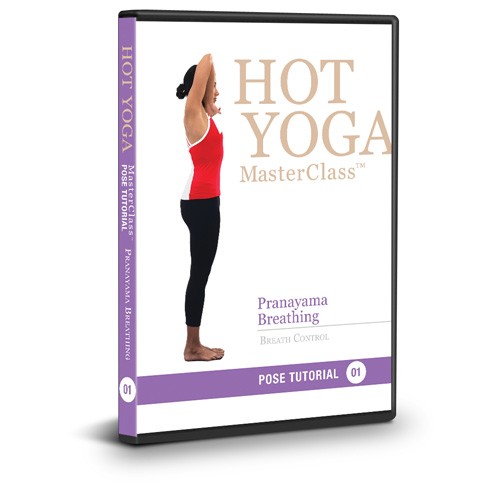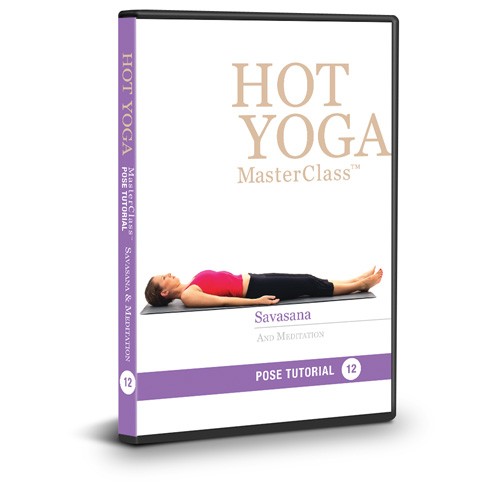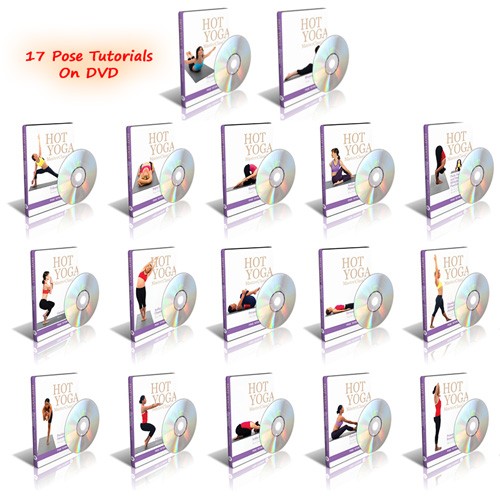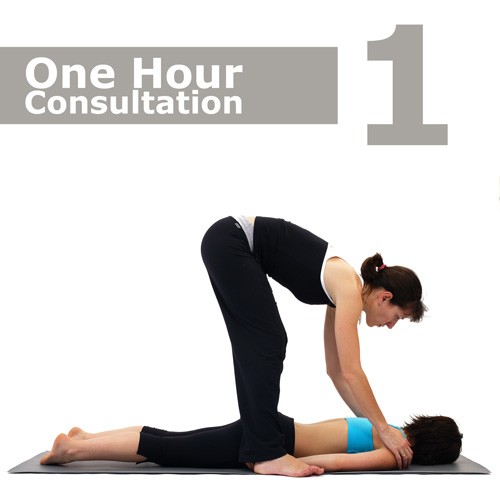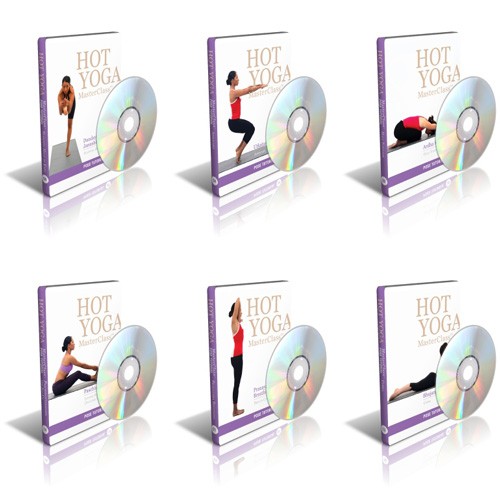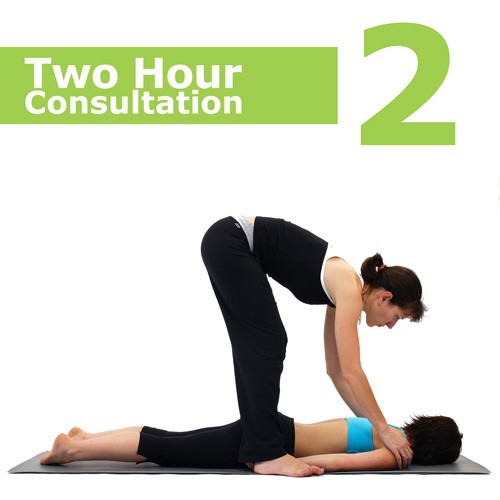The Hot Yoga Doctor – Free Bikram and Hot Yoga Resources › Hot Yoga Doctor Forum › General Hot Yoga Discussion › Hot Yoga *faq* › Bikram Yoga for the Handicapped
The Hot Yoga Doctor – Free Bikram and Hot Yoga Resources › Hot Yoga Doctor Forum › General Hot Yoga Discussion › Hot Yoga *faq* › Bikram Yoga for the Handicapped
-
AuthorPosts
-
In Bikram’s book he discusses that these postures can be done even while bedridden. There are postures that can benefit someone who is healing.
Now I have a friend who uses a cane (she had some organ transplanted and while waiting for an available organ she had terrible problems with her muscles and feet_.She is always joking with me about my hot yoga practice and I keep telling her she’s gotta come with me one day.
But could she? How would she be able to improvise the postures and are Bikram instructors prepared for such a student?
Hi Edge
Yep, your friend could go with you. Your description of her difficulty is obviously very scant so I certainly couldn’t help you with anything too specific at this stage. But you can always ask. If your friend needs anonymous help she can always use the private message system.
OK about going into the hot room as a new and ‘special needs’ student:
At this stage I can ascertain that she would have balance difficulties. When this happens at my studio I like to set the student up either next to a wall, or preferably next to a tall sturdy stool. The stool is better (although for some poses like Standing Bow, a wall is better) because the yogi can simply stand on the either side of the stool and still face the mirror. Plus if they have mobility and flexibility problems they can get down to the floor and up again using it as a ladder.Specifically I would need to know about what is happening with the ‘muscles and feet’. Might be useful to know the transplanting and also what she is waiting to have done. Whatever she is happy sharing with me personally or with the forum.
About other instructors and enlisting their help:
I would like to make this comment. The teachers are not taught how to deal with this sort of thing at all. There are definitely stories of people who come in wheelchairs and on crutches, those who can’t walk etc (and I have taught some of each of these) but nobody tells you what adjustments to do or what pose modifications should or could be made. The nature of the training is that teachers come out learning how to teach a standard formulaic class. So it is really going to be up to the talent, knowledge and compassion of the individual teacher to be able to give useful help.If you feel that you have access to a teacher that could handle this situation it is really worth making a separate appointment to see them. It would give them a heads up on the situation and allow them time to make considered contributions (either right then or perhaps allowing them to put some thought into it away from class). The few minutes before class would probably be too difficult for the majority of teachers to be able to formulate a program of real use as teachers tend to be very busy at this time.
If this teacher has the ability it may be no small task them to bring value to the experience. It may be worth noting that your friend really needs to be determined because their experience of the first few classes could be harder than the average student. I have definitely heard some students (whether ‘challenged’ physically or not say “I don’t know if I can do it”!!! I guess we both can say that it is worth persisting if you have support.
I do not condone stuffing difficult students down the back of the room in the corner. Why this is done concerns me. A teacher should know how to teach a class to all the students in the room. Sure this may mean on occasion that particular needs of individuals get focused on, but so what.
The main reason teachers quote for getting others out of the way is to not distract the other students (although it is more likely to be so that it doesn’t distract the teacher 😉 ). Part of your individual journey is to cope with the distractions of everyday life. This is your meditation. So if you are positioned next to or behind someone who has their own challenges, so long as they are not invasive, then you should be able to handle your own focus. It may challenge from time to time but again, so what.
Ultimately, if you can’t find a teacher who can give you intelligent answers then your friend (probably with your help) will need to (in any case) use her intuition, body intelligence and commonsense to get her through the class.
Namaste
Gabrielle 🙂Hello Edge
I was wondering if your friend took the plunge and tried her first class.
Namaste
Gabrielle 🙂no, she has not. Though I did report my findings to her, and let her know it is possible.
I hope she does try it one day!Hi Gabrielle,
I have similar problem with my husband.
As a baby he was diagnosed with TB of spine which caused scoliosis and around the age of 1 he got calcium built up in his left shoulder socket. By the time this had been discovered and treated, his arm was affected.The left arm is significantly shorter, and he can’t lift his arm up. I believe he would benefit greatly from Bikram however I can’t get my head around how he would do all the poses where your arms touch above the head.
I am trying to convince him to do 1:1 training but I am a bit scared that he + the teacher would find it too difficult.
Have you had anyone with similar problem Gabrielle?
Namaste
LubiHi Lubi
As a matter of fact I have had dealings with similar types of shoulder and arm issues. There is also one on this forum that could be of interest to you. It is here: One Arm 4 cm (2 inches) Shorter Than The Other. It may not be the same problem but it should give you an idea that there is a way around just about everything while still delivering benefits.
Lubi, if it were my husband, I would think about going to talk to the teacher at your studio and ask them directly how would they deal with this exact issue. Make an appointment with them and tell them you would like to talk with them for about 10-15 minutes. Maybe take a photo of him to depict his range of movement etc. It is perfectly feasible as a practitioner yourself to ask them to walk you through the kinds of adjustments that they would make for someone with this problem. In this way you can simply get a feel for whether what they are saying makes sense to you, and to the way your husband would receive the tuition. 1:1 is very expensive and you want to be sure that you will get some good value for this. No doubt they will say that they would like to see him. But feel it out first. You will get a sense of their approach and their thought processes even if the next step is to bring him for a brief consult.
Anyway that is just my first pass on the situation. I could even change my mind 😉
Namaste
Gabrielle 🙂Those with disabilities may greatly benefit by reading Tonya Zavasta’s book, “Raw Food and Hot Yoga.” She has x rays on the cover of her book showing her two titanium hips. She overcame severe disability through eating a raw foods diet and doing hot yoga. Her book is well researched and was written to introduce raw foodists to hot yoga and vice versa. But its so much more, as she gives the very best anti-aging advice ( your diet and when you eat are the biggest and only scientifically proven factors!), based on extensive research. She’s over 50 and has the body of an 18 year old (no-joke, I saw her in person at a lecture twice! Her skin really looks like it does in photos). More importantly her neck and face are youthful too. Anyway, she has a lot to say to those with disabilities. She has a website called http://www.beautifulonraw.com. Without that book I never would have heard of hot yoga, but here I am! Raw foods will also help tremendously with healing a disability. Best wishes to your friend!
-
AuthorPosts
- You must be logged in to reply to this topic.


